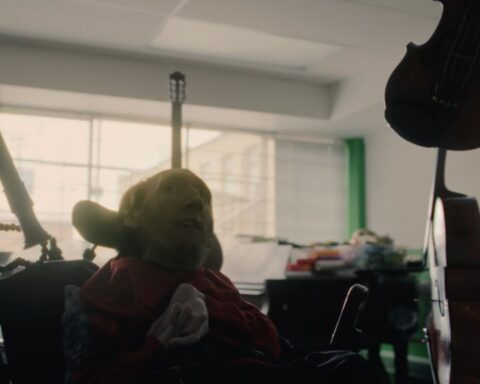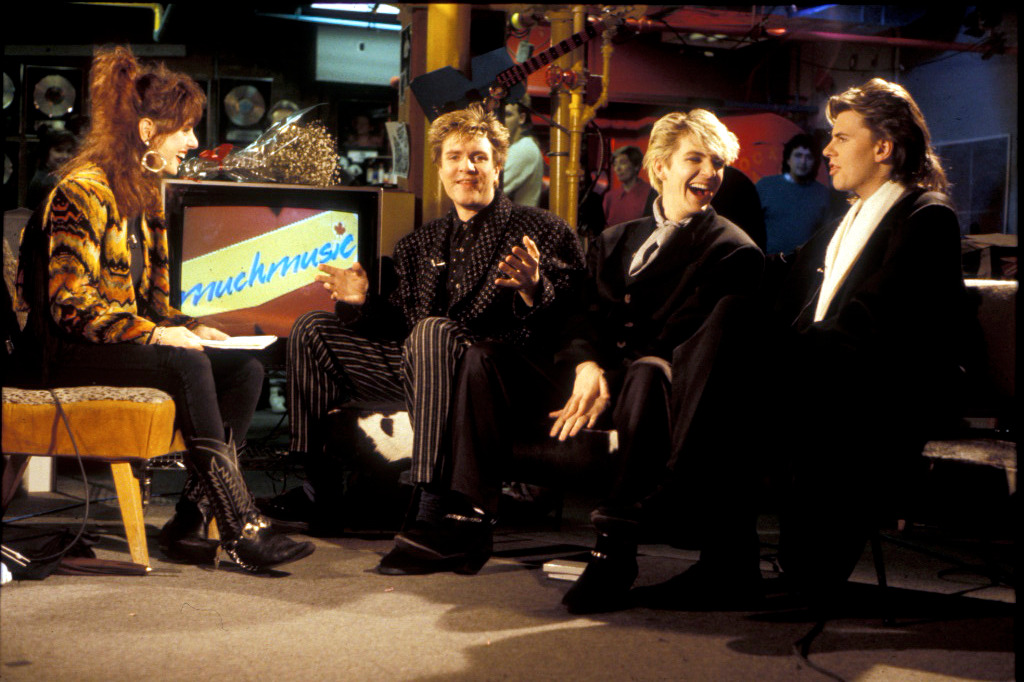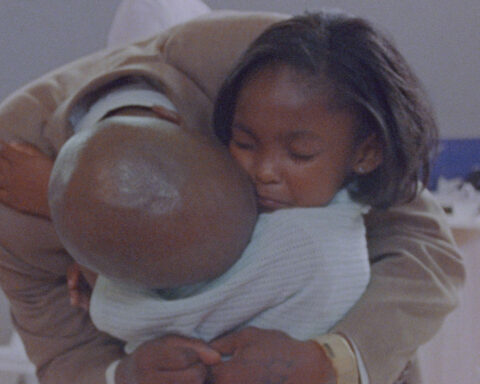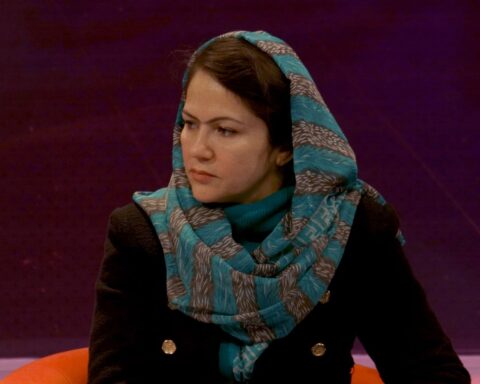Your Friend, Memphis
(USA, 95 min.)
Dir. David P. Zucker
“Our country’s doing great right now,” Memphis DiAngelis tells his father, Edoardo, during a tense encounter.
“You’re not,” his dad quickly fires back.
It’s late in David P. Zucker’s film Your Friend, Memphis. The film’s title character has found salvation in Donald Trump after diving into the deep web. Memphis’s father, a gunslinger who shows his boy how to shoot when we meet him earlier in the film, becomes irately gobsmacked when he learns that his son adores Trump. Edoardo tries to reason with Memphis, but he’s befuddled how an unemployed young man with cerebral palsy would endorse a lunatic politician with a history of disdain for people in need of social assistance. Moreover, as Edoardo reminds Memphis, Trump infamously mocked a journalist with cerebral palsy as a means to discredit him. Memphis’s talk and his reality don’t jive.
While Memphis’s newfound love for Trump takes his naïveté to the extreme, the gap between his words and his reality arises frequently throughout the film. Zucker, not the Airplane! director, follows Memphis over the course of five years. The young man, who is 24 when the film begins, slides further and further into despair over the course of the production. Struggling with serial unemployment, loneliness, and a disability that complicates his dream of being a star, Memphis finds himself at a crossroads. He dreams big, but when his parents implore him to wake up.
Seneca and Aspirations of Stardom
Memphis clearly enjoys being with the camera. It’s sad to see that he’s one of those young people who can’t really relate to anyone in person, but turns on a charm offensive for an anonymous audience. In an early scene, Memphis admits that he’d be all alone if the crew wasn’t filming him. He really wants to be in the movies, while a credit in the 2014 independent film Love Land offers a glimmer of hope. But working in movies requires focus and stability. Memphis has neither and treats the documentary like a feature audition for a remake of Nanfu Wang’s I Am Another You.
Zucker follows Memphis as the young man sort of tries to make a living. He drives an Uber for a bit, tests his hand at dogwalking, applies at Starbucks, and banks on a lucrative career as a blogger. Unfortunately, nothing works out. His devoted, if visibly beleaguered, mother Christine, pleads with him to at least perform some income-generating work. He has car payments to make and his Uber gig seems to be working. But Memphis excels at being distracted.
His biggest distraction is his teenage girlfriend Seneca, a terrific character who could fuel another doc. An aspiring opera singer who smokes a pipe and works at Hooters, Seneca seems to enjoy Memphis’s company enough in a non-committal way. But the young woman remains clear that she hopes to get on an American Idol type show and get some opera classes at some point. Christine clearly isn’t impressed with Seneca whenever Memphis talks about their future. Even Zucker asks from behind the camera what Memphis is doing with her. Memphis has an excellent support system around him, but he lacks the drive to use it.
No Story without Conflict
At one point in the film, Memphis tells Zucker, “You can’t have story without conflict. Story is conflict.” Memphis seems to put too much stock in this philosophy. His story is all conflict. He’s at odds with everyone and angry at a system that doesn’t offer him proper services. As Christine notes, Memphis doesn’t qualify as disabled under Texas’s broken standards even though the physical traits of cerebral palsy offer physical restrictions to some jobs and invite hiring bias at others. But Memphis’s work ethic, or lack thereof, doesn’t help. Your Friend, Memphis straddles a difficult challenge of asking audiences to sympathize with a character to whom sympathy doesn’t come easily.
Later in the film, when homelessness hits Memphis, Christine acknowledges that she can’t afford to keep bailing him out. The film finds a compelling dynamic to this complicated character study. It might be easy to dismiss Memphis as a loser, but the film asks viewers to enter the headspace of some who doesn’t get the job, the girl, or a fair shot. Memphis’s disability and his complete mess of a life are obviously related, but one can divorce them to understand the absence of social systems that would help Memphis get on his feet. Moreover, he finds group living as a form of failure, relying instead on dreams a far reach away.
What Memphis and Zucker both aim to achieve out of this portrait isn’t clear, but perhaps the argument goes unsaid. Memphis credits the film for providing him company, but one can guess it saved his life. Without a lens to soak up his energy, one suspects that the young men would likely be dead. That might give a film a clear ending, but the one Zucker finds—without closure or resolution—remains more satisfying.












